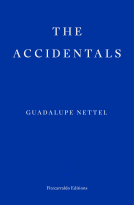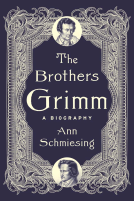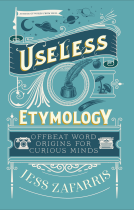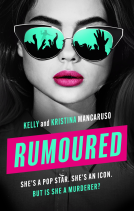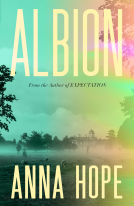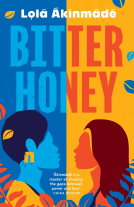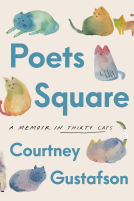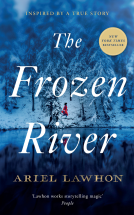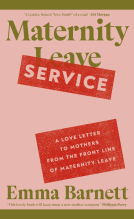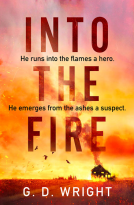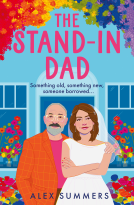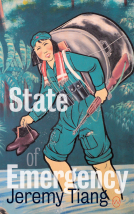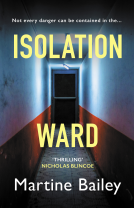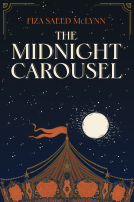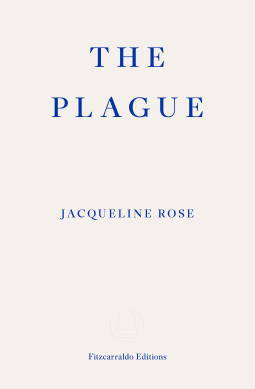
The Plague
by Jacqueline Rose
This title was previously available on NetGalley and is now archived.
Send NetGalley books directly to your Kindle or Kindle app
1
To read on a Kindle or Kindle app, please add kindle@netgalley.com as an approved email address to receive files in your Amazon account. Click here for step-by-step instructions.
2
Also find your Kindle email address within your Amazon account, and enter it here.
Pub Date Jun 07 2023 | Archive Date Jun 07 2023
Talking about this book? Use #ThePlague #NetGalley. More hashtag tips!
Description
What do you do with death and dying when they can no longer be pushed to the outer limits of your lived experience or dismissed from your conscious mind? How do you live with death or rather how do you ‘live death’ when death comes too close, seeming to enter the very air you breathe? The Plague is a collection of essays guiding us from the Covid-19 pandemic through to the war in Ukraine in order to imagine a world in which a radical respect for death might exist alongside a fairer distribution of the earth’s wealth. ‘Living death’ will appear as something of a refrain, a reminder that to think of death as random, or as an avoidable intruder into how we order our lives, especially in the West, is an act of defiance that is doomed to fail. In the thought of the philosopher Simone Weil, who plays a key role in the book, only if we admit the limits of the human, will we stop vaunting the brute illusion of earthly power.
For fans of:
The Undying by Anne Boyer
On Violence and On Violence Against Women by Jacqueline Rose
The Force of Non-Violence by Judith Butler
Available Editions
| EDITION | Paperback |
| ISBN | 9781804270486 |
| PRICE | £12.99 (GBP) |
| PAGES | 168 |
Available on NetGalley
Featured Reviews
 Michael J, Educator
Michael J, Educator
The latest publication from the admirable Fitzcarraldo Editions is a collection of typically acute essays, first published in the London Review of Books, the New York Review of Books and elsewhere, by Jacqueline Rose on death, the pandemic and war in Ukraine. Their recentness gives them the quality of contemporaneous testimony (and reminders of early government failures reminds us how much happened so quickly), combined with the depth and power of Rose's analysis. The earliest essay, the title essay on Camus' The Plague, is a much more considered analysis of the novel than many that appeared in the wake of the pandemic in 2020 and prepares us for the collection's open and regretful examination of how death has haunted us during the period. It is followed by essays on Freud, the isolation of lockdown (including the "shadow pandemic" of the increase in domestic violence), reconstruction (which is suitably scathing about the culture wars), and the centrepiece essay, 'Simone Weil and the Limits of Justice', which is less immediate in effect than its predecessors but persistence pays off. This is a characteristically impressive essay collection which does what Esposito says of Weil (as quoted by Rose): it 'read[s] history from its dark side, in search of the ‘torn heart’ beating from within ‘extreme discord’, a beat in which she never lost faith." Recommended.
 Oliver R, Book Trade Professional
Oliver R, Book Trade Professional
Accessible, passionate, wide-ranging while relentless in its focus - my first experience of nonfiction from Fitzcarraldo did not disappoint.
Rose is always interesting and often challenging, and this collection of essays, while not exactly controversial, certainly caused the occasional eyebrow raise. I really enjoyed it, though found myself more engaged during the sections on Freud and Klein than I was during the section that focused on Simone Weil.
My thanks to Fitzcarraldo Editions and NetGalley for the ARC.
Readers who liked this book also liked:
Kelly and Kristina Mancaruso
General Fiction (Adult), Mystery & Thrillers, Nonfiction (Adult)
